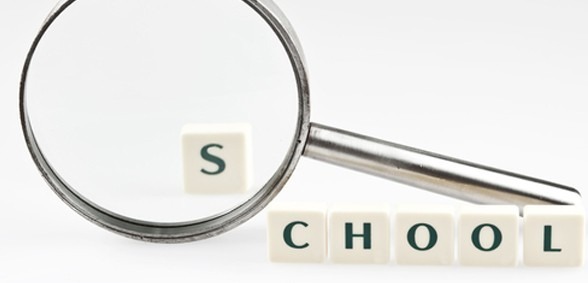
CREDIT: This story was first seen on BT
Poorer pupils will not benefit from an increase in grammar schools, scientists have said.
BT reports that research from the Royal Society found no evidence that disadvantaged children would be helped by more selective school places, which Theresa May plans to increase in a bid to boost social mobility.
Grammar schools may also hamper their results in science and maths, their research found.
The researchers said the “small number” of children who attended grammars and received free school meals achieved better GCSEs.
But this is offset by disadvantaged children at comprehensives doing worse in science and maths in areas where grammar schools are abundant.
Children who receive the dinners are far less likely to attend grammar schools, the study shows.
The Royal Society concluded: “The government has stated that its aspiration with these reforms is to improve social mobility.
“The society supports the government’s aspiration but given the complexity of social mobility, we are concerned that the approach to selective education…may only support a small proportion of disadvantaged pupils.”
In 2015, less than 44% of children getting free school meals achieved grade C or above in mathematics in areas with numerous grammar schools.
But this figure was more than 48% in areas with no grammar schools, according to the research, carried out on the Royal Society’s behalf by the Education Policy Institute.
The Prime Minister announced in September her plan to lift a ban in new grammars in a speech that outlined her wish to turn Britain into “the great meritocracy of the world”.
A Department for Education spokesman said: “Our proposals are about creating more choice, with more good school places for more parents in more parts of the country.
“Grammar schools have a track record of closing the attainment gap, so we want to lift the ban on new grammars, and harness the resources and expertise of universities, faith schools and independent schools. We will now consider contributions and will respond in due course.”
The DfE spokesman added that the Royal Society study is based on the current system, whereas the Government is proposing a new model.
He said: “We are also raising standards in mathematics and science for all pupils. We have introduced rigorous new qualifications and in science we are investing £12.1m over the next three years to improve the quality of teaching in schools.”

Be the first to comment